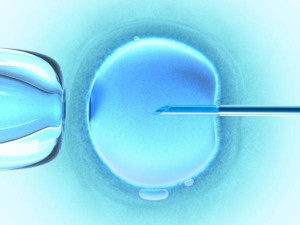Legal Review of Stem Cell Research
It’s often said that there are only two things certain about life: death and taxes. Although it may be true that nothing will ever save us from taxes, some scientists are confident that the use of stem cells in medicine may significantly put off death. The following is a brief review of the legal status of stem cell research.
 Currently, there are no federal laws banning embryonic stem cell use or research. Although the Bush Administration limited the amount of embryonic cell lines that could be used for research, President Bush overturned his policy with an executive order. However, George Bush did veto the Stem Cell Research Enactment Acts of 2005 and 2007. If passed, these Acts would have allowed federal funding of stem cell research. The Stem Cell Research Enhancement Act of 2009 is currently still in Committee.
Currently, there are no federal laws banning embryonic stem cell use or research. Although the Bush Administration limited the amount of embryonic cell lines that could be used for research, President Bush overturned his policy with an executive order. However, George Bush did veto the Stem Cell Research Enactment Acts of 2005 and 2007. If passed, these Acts would have allowed federal funding of stem cell research. The Stem Cell Research Enhancement Act of 2009 is currently still in Committee.
State laws vary on this topic. Some states not only allow stem cell research but also fund it. For instance, in California, Prop 71 allocated $3 billion towards stem cell research. On the other hand, many states such as Arkansas, Indiana, Michigan, the Dakotas, and Virginia have laws that ban stem cell cloning.
Politically, it appears that democrats tend to favor the research and use of embryonic stem cells while the republicans tend to oppose it. However, many republicans seem open to using adult stem cells instead of embryonic cells for research. The difference between embryonic and adult stem cells is their ability to adapt to different types of cells. While embryonic cells can adapt to any type of cell, adult cells can only adapt to cells dependent on the tissue from which they originated.
Although many Americans still do not condone sacrificing human embryos for science, it is almost impossible to reasonably object to the use of cells harvested from umbilical cords. As it turns out, the blood from an umbilical cord contains the same type of stem cells harvested from embryos and aborted fetuses. In other words, these cells can transform into any type of cell. Up until recently, umbilical cords were discarded after the birth of a child.

Comments